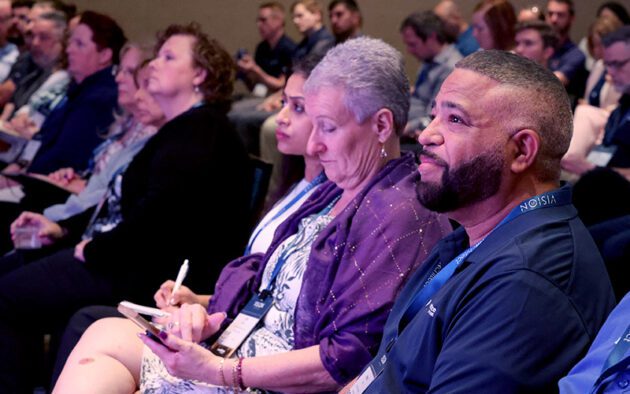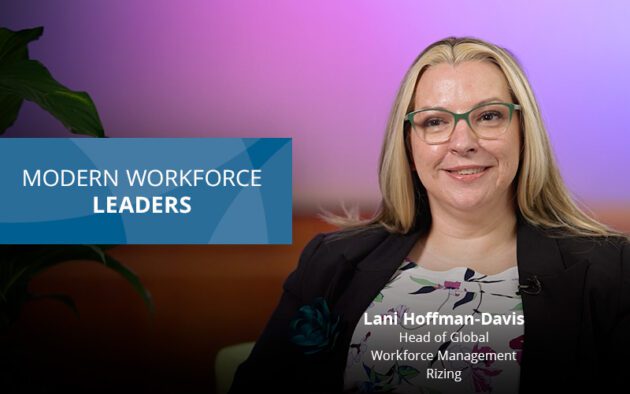The 2023 Global Employee Experience Study marks the third year of WorkForce Software’s primary research into the realities of deskless employee experience. As part of our methodology, we’ve surveyed both employees and managers to get a better picture on their perceptions of how employee experience is being delivered in their organisations. Our research focuses on important work experience aspects like job training, rostering, recognition, communications, and feedback.
Our year-over-year results indicate a narrowing gap in perceptions, but this doesn’t necessarily mean that organisations are enhancing the experiences of their deskless workers. Instead, our findings show that employers have become aware that they were not providing the key experience aspects that are important to their employees. The results also demonstrate that employees’ demand for improved experiences is intensifying. Similarly, there’s a growing acknowledgment among employers of the pressing need for implementing enhancements.
Here are some of the key highlights from our Third Annual Global Employee Experience Study survey results:
Rostering
- Rostering flexibility is increasingly essential for the deskless workforce, with 84% of employees and 78% of employers rating it as a top employee experience aspect.
- Despite its importance, 31% of employees and 29% of employers report their companies don’t offer flexible rostering. Employees rely on outdated methods to access their rosters.
- Investing in modern workforce management technology is crucial for integrating labour data with rostering practices, offering self-service options, and ensuring cost and overtime control.
Job Training
- 84% of employees and 77% of employers recognize the importance of job training and easy access to work information.
- A clear preference for mobile-based access is expressed by 55% of employees and 59% of managers, yet its availability is limited at 22%.
- Employees feel more engaged when work-related information is readily accessible since information access is instant in their private lives.
Employee Recognition
- The importance of recognizing employee contributions is tied between employees and employers at 75%.
- 60% of employees are considering changing jobs in the next six months, indicating there is more that can be done to recognize employee achievements effectively.
- Recognizing employee achievements is a relatively low-cost action that can contribute to better engagement and optimized workflows.
Communication
- Effective communication and collaboration are the top-rated employee experience aspect at 85%, with a significant perception gap as employers rate it at 75%.
- 46% of employee communications occur over unsecured, non-integrated channels like SMS, messaging apps, email, and social media.
- Whilst decentralized tools offer real-time messaging capabilities, integrated communication platforms are crucial to mitigate security risks and ensure efficient collaboration.
Employee Feedback
- Regular feedback via digital tools is essential, with 80% of employees and 77% of employers recognizing its importance for valuing the workforce.
- Celebrating worker achievements fosters a culture of transparency, personal growth, and high performance.
- Mobile-enabled tools to run sentiment surveys on topics such as unplanned overtime or extended work hours can give employees a voice and the ability to provide feedback.
The findings from our Third Global Employee Experience Study reveal that greater alignment doesn’t mean better experience. The growing demand from employees for better experiences creates an urgent call to action for large employers to meet the unique experience needs of deskless workers. The insights from our analysis highlight some of the key areas like rostering flexibility and in-the-moment communications that organisations can act on immediately. Making the necessary improvements that mean the most will shape where deskless employees choose to work, and this can create a definitive edge in your market. Otherwise, you risk watching valuable members of your team leave.
This blog is a recap from an article originally published Linkedin by Sandra Moran: Greater Alignment Doesn’t Mean Better Experience — Results from the 2023 Employee Experience Study




